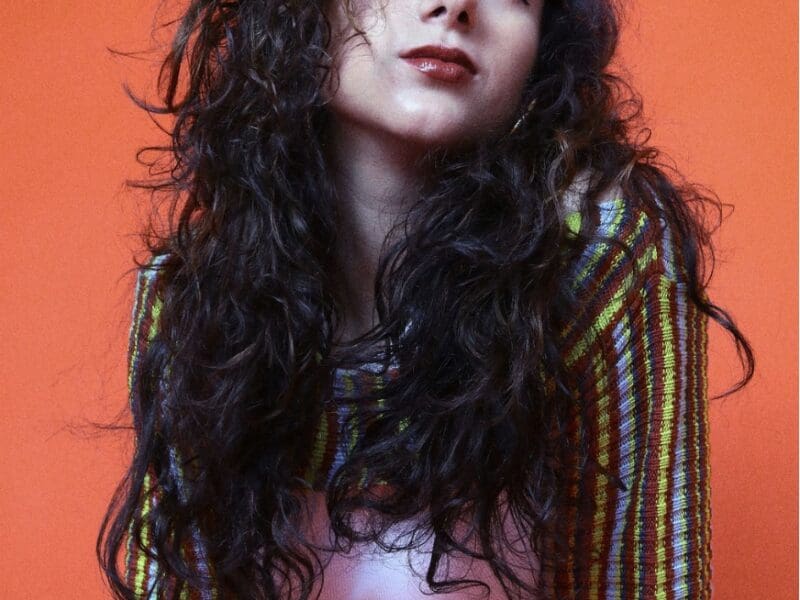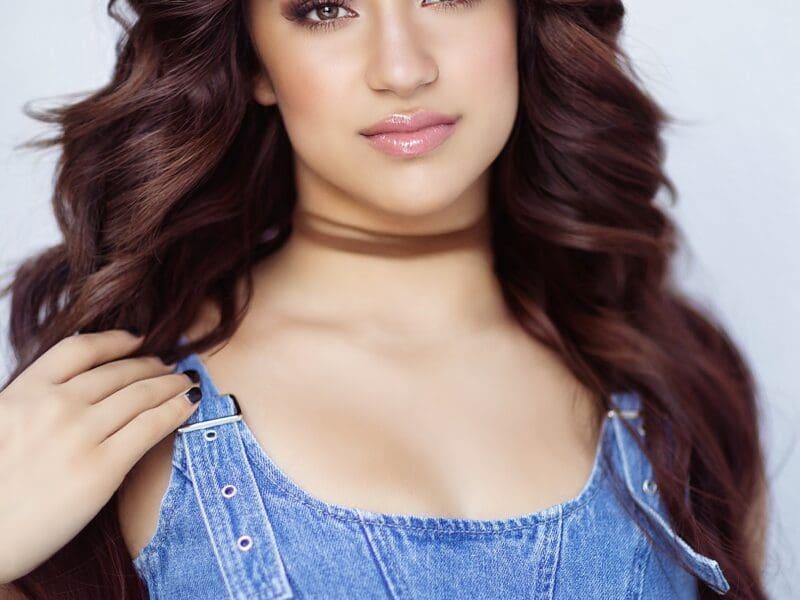
Q&A with A.R. Hilton, director of the film ‘Anonymous Killers’
A.R. Hilton may have spent 18 years in prison, but the time behind bars gave Hilton plenty of time to find himself in art. While incarcerated, Hilton spent his time writing, developing novels and screenplays. Once he was a free man, Hilton got to work releasing his writing and working on film adaptations of those stories.
Eight years after releasing his first short film, A.R. Hilton is releasing his first feature film Anonymous Killers, on October 6. A horror film pointing out the broken judicial system, Anonymous Killers has been a long time coming for Hilton.
We spoke with Hilton about his journey to becoming a film director and get a behind the scenes look at Anonymous Killers.
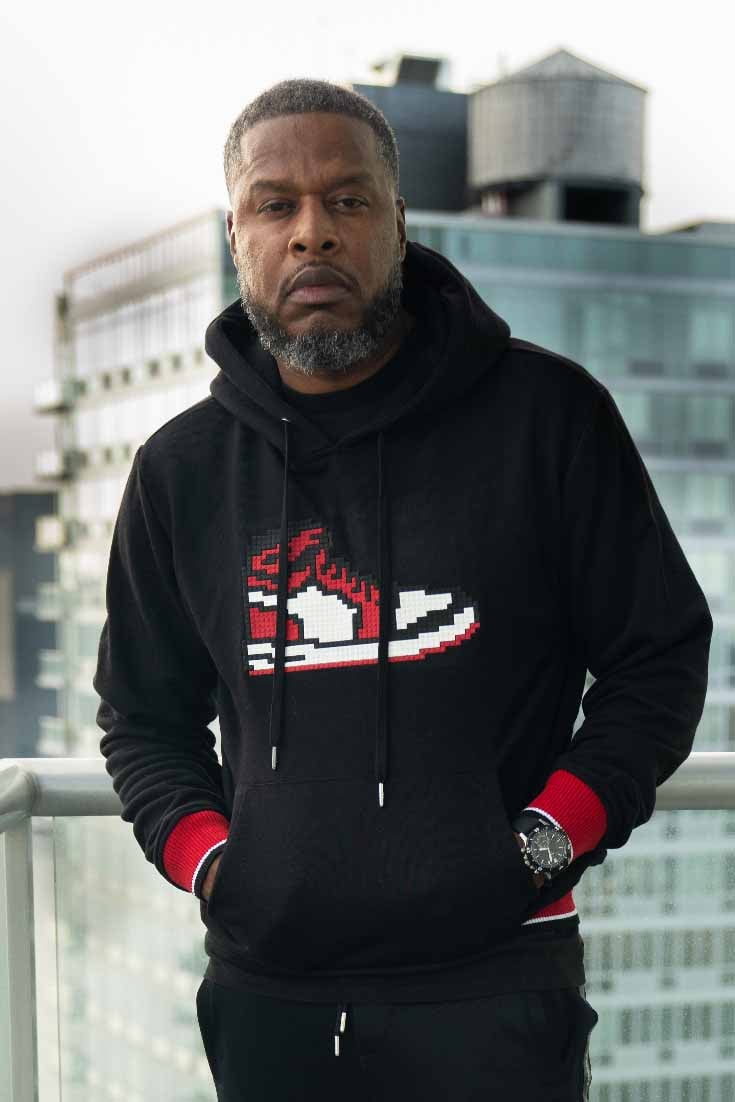
Tell us about your journey into filmmaking. What did you do before becoming a filmmaker?
I never imagined as I kid I’d be making films. I wanted to be a doctor or an architect. But once I wrote my first script and saw the story in my mind’s eye, I knew that this was what I was meant to do. Everything for me is visual. When I read, my mind transfers the words to images. The same with music.
Yet there must be some depth; profound interest on my part to tap into it. Every script I’ve written has screened in my mind with profound interest. So the journey for me was more mental than anything.
I was a prisoner, worked in a family shelter — doing everything from maintenance to shuttling families to case worker appointments in a passenger van. I sold my self-published books on the streets of New York, New Jersey, and Philadelphia. I was a struggling artist until I got people to believe as I believed.
Is there any particular film or TV show that inspired you to enter the world of film?
No; it was actually a conversation with another prisoner. I grew up loving TV more than movies because it was a more readily accessible medium than movie theaters given my humble upbringing.
What made you want to work in the film industry?
My love for art. Film is the medium that brings all forms of art together to convey an idea, story, belief, vision, etc. It’s a community of artists contributing their God given talents to bring a singular vision to the world. Society should function in such a manner.

Walk us through your creative process.
The creative process for me begins with an original idea in the sense of how it unfolds both storywise and visually. In that there is no story that hasn’t been told, and they all share a common theme rooted in life. Once I have that, I will flesh out the story from beginning to end in my head and on index cards stringing together the scenes.
I carry these with me because the story constantly grows in mind and I also discuss it with those around me for feedback. Then I write the script and pass it to my producer, who has a phenomenal sense of character, story, and plot. Then we go back and forth, sometimes heatedly challenging each other on various aspects of the story.
We are brutally honest and equally passionate about storytelling. It makes for an interesting script that we pass onto our line producer in order to crunch the numbers.
Did you listen to any music to help inspire you to create?
No; for me the finished film and the emotions the character performances invoke is my guide for the music. I look for anyone breaking away from the norms; I’m inspired by originality. The movie Crash inspired me as a screenwriter. It was such an exceptionally written script.
Who are your current influences?
My biggest influences come from my youth. I used to love watching holiday movies on TV. Also Imitation Of Life (1959), which starred my Grandmother’s favorite gospel singer, Mahilha Jackson. Such an emotionally charged film. Fred Williamson’s Black Caesar and Hell Up In Harlem, from the period of Black exploitation films of the 70s.
They were independent films done in New York by Fred Williamson. I also love Martin Scorsse’s ability to make what otherwise would be senseless violence to the average viewer, not look so senseless, because of the environment he establishes with his films. My greatest influence is life though. I am forever its endeared student.
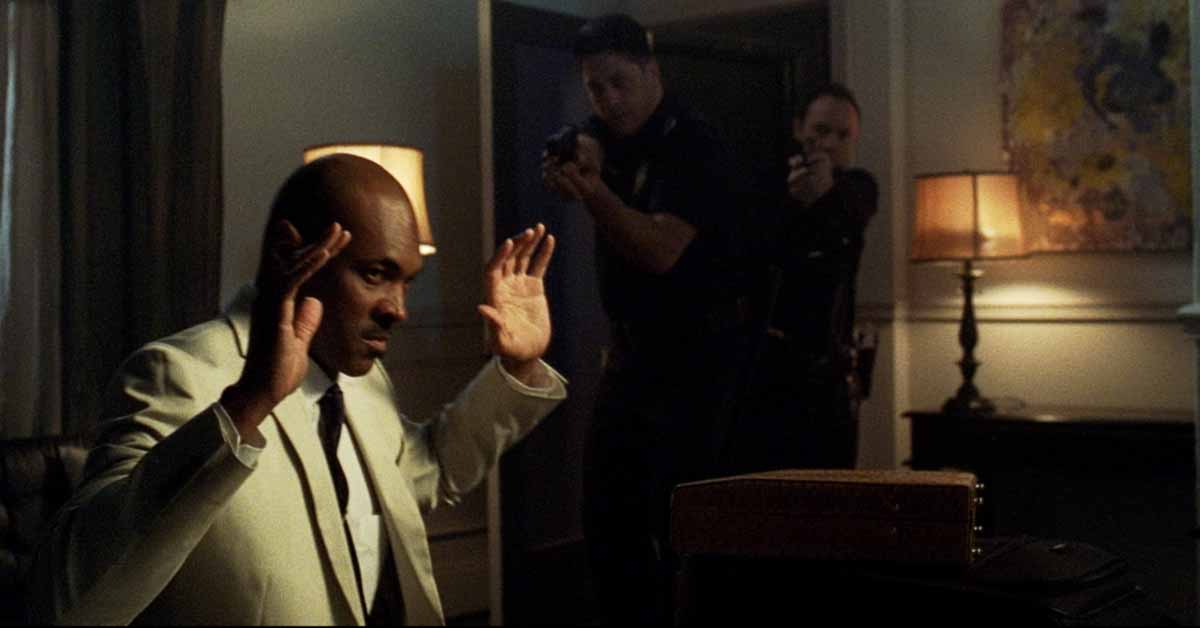
Do you have any experience with mentors? Would you recommend them?
No. Maybe had I had those influences early in life, I could have avoided prison.
Do you consider yourself an indie filmmaker? If so, do you think you’ll ever stop being an indie filmmaker?
Yes I am, and no I don’t believe I will ever not be that. Nor do seek to be anything but an indie filmmaker. Being an indie filmmaker for me is about maintaining control of your artistic expression from conception to delivery to your audience. What the industry fails to understand is nobody knows the film better than the filmmaker, and removing him or her from any phase of bringing it to the world is a disservice.
You wrote a lot of your work while incarcerated. Were you ever planning on sharing your work with the world upon your release?
Absolutely! I am right where I planned to be.
What inspired you to make the jump from novel writing to filmmaking?
I wanted to be a filmmaker. I wrote books because it was the least expensive way to get started. I wrote my novels with the goal of eventually turning them into a movie, which is something that I’m presently working on.
What was the first project you worked on, and what did you learn from it? Remember Niaxing, a Manderin and English speaking script about the relationship between an Afro-American man and a Chinese girl in the mid 80s. This was in 2009 when a recession hit.
We were at the end of pre-production when one of our investors from whom we hadn’t secured anything other than a promised commitment, pulled out. I learned to secure the investment before you begin production. Unless the plan is to film in parts.

What inspired you to create Anonymous Killers?
The hypocrisy of the justice system and society as a whole.
What was your experience like on Anonymous Killers?
It was a learning experience as I feel every film will be. Yet I feel because I shot on film (35mm), it shortened that learning curve. You really have to approach production knowing what you need to tell the story and be ready to sacrifice for the whole at any giving moment knowing that money and time are intricately tied together in the governing of your creative vision.
My producer Tim Gagliardo understood this and I had to learn quickly which led to some heated conversations on set between us. Sometimes I yielded and others I made choices that remained true to my vision. It was give and take. Fortunately it all came together in the end to be a film that everyone involved in can be proud of.
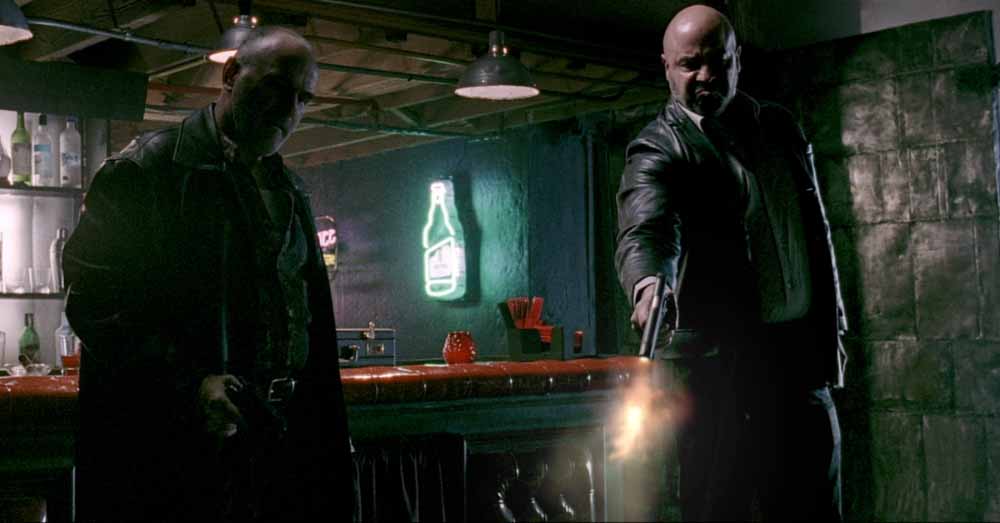
You tend to wear multiple hats while creating your projects. How do you juggle all your roles?
Believe it or not, I didn’t. I oversaw all phases of production along with my producers. But onset the only hat I wore was that of the director. I was fortunate in that regard.
What’s next on the docket for you?
My second feature, Demise and a pilot based on my books are on the calendar for 2021.
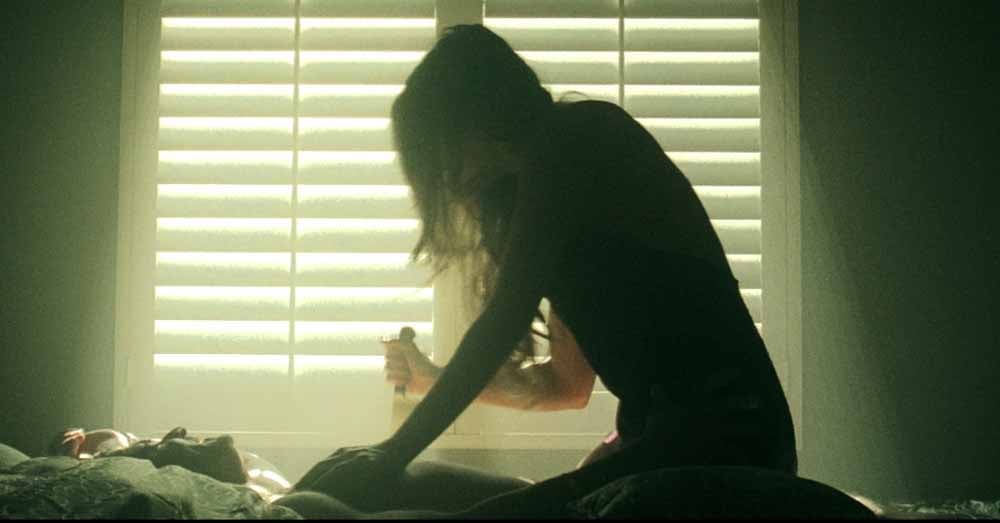
What advice do you have for up and coming filmmakers?
Believe in yourself and know that it’s only a failure if you give up. I failed twice and almost failed with Anonymous Killers, but I kept believing and that belief kept me going until I succeeded.
Where do you see yourself in five years?
On my fifth feature film as I open doors and pave the way for others who find themselves facing similar adversities that plagued my path as a subjugated minority youth.
Could we see any episodic TV from you in the near future?
Hey, I go where the creative buzz takes me. But yes I can see that; again I’m working on a pilot based on my books. Maybe cable TV or Netflix and Hulu. My content thus far has not been of the kind you would find on broadcast TV.
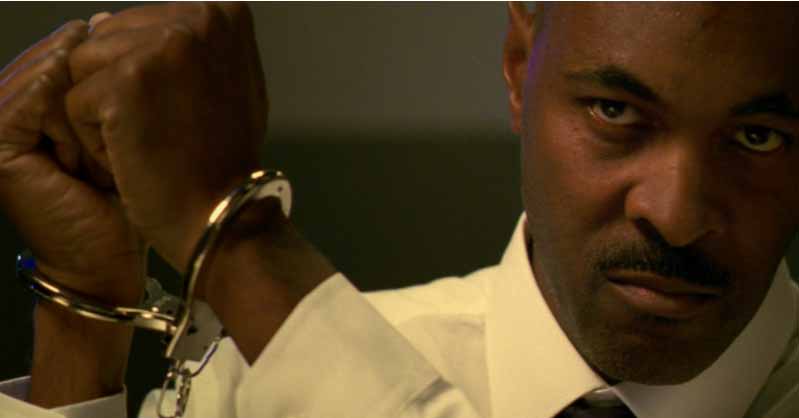
If you could only watch one movie for the rest of your life, what would you choose and why?
It would be Demise, the feature I’m gonna make next year. Because it would be for me a constant reminder to do what I can in life to bring about good for wrongs I had no understanding of that I committed in my youth.
If any director could direct the story of your life, who would you choose and why?
Ava DuVernay. Because all of my most profound experience in life came from a woman, beginning with my mother. Ava’s ability to capture the emotion of a story and its characters on the screen is astonishingly moving. Also I feel she has the greatest understanding of the black male experience as it relates to me. And who better to tell a black man’s story, than a black woman.
Who’s composing the soundtrack of your life?
I’m gonna have to get back to you on that one … LOL. See I’m a 70’s baby, so I would need to capture that area as well as the present which I vibe to as well. I will say that it won’t be a job for one composer.
What indie creators should we be keeping on our radar?
All of them that peak your interest, if for no other reason than to give them a shot at wooing you.
—
If you’d like to keep up-to-date on Anonymous Killers you can follow the film’s social media accounts on Facebook, Instagram, and Twitter. You can also follow A.R. Hilton on his socials to learn more about upcoming projects. Hilton is on Facebook, Instagram, and Twitter.





